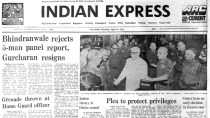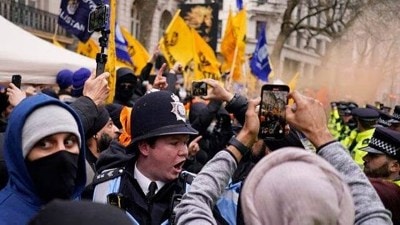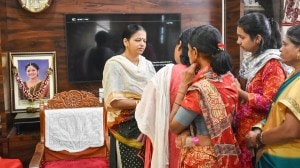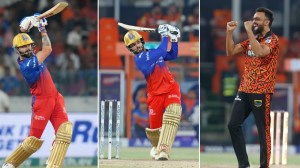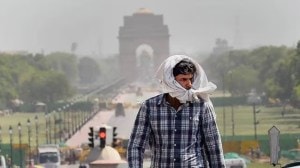- India
- International
The Urdu Press: NRC woes
Siasat’s editorial on September 1, ‘The defects in Assam’s NRC’, also elaborates on the trouble and harassment faced by people as a result of documentation processes. It asks governments to ensure that real citizens do not suffer.
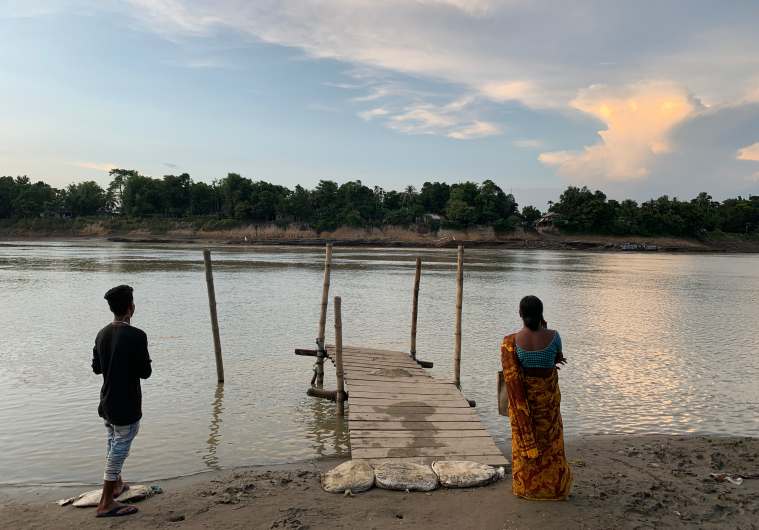 The final National Register of Citizens (NRC) was released on August 31, 2019.
The final National Register of Citizens (NRC) was released on August 31, 2019.
The publication of the final National Register of Citizens (NRC) “list” and the consequent controversy has been commented on. Inquilab’s editorial on September 2 comments on the trouble faced by those dispossessed because of the lack of documents, especially those excluded in the NRC list finalised on August 31.
“In a country like India, where a huge section of the people is homeless, the demand for documents is very strange. Before putting the burden on people to prove that they are citizens, it may have been better for the government to make such documents available.” The editorial concludes by asserting: “Years of living under British dominance and the Partition of the country should make it clear that there are no ‘ghuspaithiye’ or infiltrators. It is ironic that India boasts about the creation of Bangladesh at one level and at another level, uses the ‘Bangladeshi’ tag to try and take away peoples’ citizenship.”
Siasat’s editorial on September 1, ‘The defects in Assam’s NRC’, also elaborates on the trouble and harassment faced by people as a result of documentation processes. It asks governments to ensure that real citizens do not suffer.
Munsif on September 2 cites the complexities of the NRC and describes it as a “puzzle”. It points out that in Telangana, a BJP MLA has vouched for the NRC by referring to “suspicious Bangladeshi and Rohingya presence, while another BJP MLA in Assam has talked of a conspiracy to exclude Hindus and assist Muslims”. The paper blames “such politicians” for making the NRC a puzzle that is hard to decode.
Etemaad, the Hyderabad-based daily of the AIMIM contends that “fears over the NRC are justified”. “Lakhs of citizens have been turned into non-citizens overnight, because of ordinary mistakes (in paperwork),” it points out. The editorial draws attention to known personalities, including a “Kargil War hero and an ex-MLA who are absent from the list”. The daily finds it odd that in the “same family some are included and others excluded, though all of them submitted the same documents.” It cites the concerns expressed by international human rights groups like Amnesty International. The editorial concludes by pointing out that “the future of 19 lakh people depends on foreigner tribunals and courts. If they lose their case, their future is uncertain. We hope these tribunals and courts do an impartial job.”

Aag, on September 1, has an editorial titled ‘Yahan se kahan jaayein hum?’ (where do we go from here?). It points out that “people are unaware of the facilities and help that governments may have extended to them. The lines of grief on their faces are visible and they claim, ‘we are born in Assam, our parents were born in Assam, we have spent our lives here, educated our children here and it was time to start thinking about their future, but suddenly everything has come to an end’”. But, says the paper, “in this atmosphere of despondency, some Muslims have not lost hope and they say a long legal battle will be fought. We hope we will succeed because if we don’t, we do not know where to go.”
Money Matters
Urdu papers have commented on the transfer of Rs 1.76 lakh crores by the RBI to the Centre and the merger of public sector banks.
Siasat on August 28 writes: “For some time this may help but the long-term impacts of the move, if any, are bound to be negative because the government is not willing to get to the root of the country’s economic problems”. The paper points out that “for 30 years, the question of a fresh set of reforms has been discussed, but it appears that the government does not care about the views of economic experts. Small changes will not stabilise the economy.”
Inquilab’s editorial on September 5 is titled, ‘Is the merger of banks good for strengthening the economy?’ The editorial tries to answer the question by pointing out that “the question of bank mergers has been proposed since the 1990s. Many committees have also recommended this”. But then, it asks: Was this the right time for the merger? The editorial notes: “It appears unnecessary at a time when the economy needed to be put back on track, especially the segments that were undergoing a slowdown. The slowdown and the consequent unemployment in the automobile sector means that people connected with the sector are in desperate need of some confidence-boosting measures.”
Pehlu Khan’s murder
The acquittal of all those charged for the lynching of Pehlu Khan, the dairy farmer lynched in Alwar has attracted comment.
Munsif’s editorial on August 16 notes that “the Congress government in Rajasthan has said that it will appeal the order in the High Court. It must ensure that the shortcomings in the prosecution’s case, which were pointed out by the lower court, are rectified.” It concludes on an emotional note: “The late Pehlu Khan must get justice. His spirit is perhaps asking: ‘Main kiske haath pe apna khoon talaash karun? Tamaam shahar ne dastaane pehne huye hain’ (On whose hands do I look for my blood? The entire city is wearing gloves).
EXPRESS OPINION
More Explained
Apr 26: Latest News
- 01
- 02
- 03
- 04
- 05











